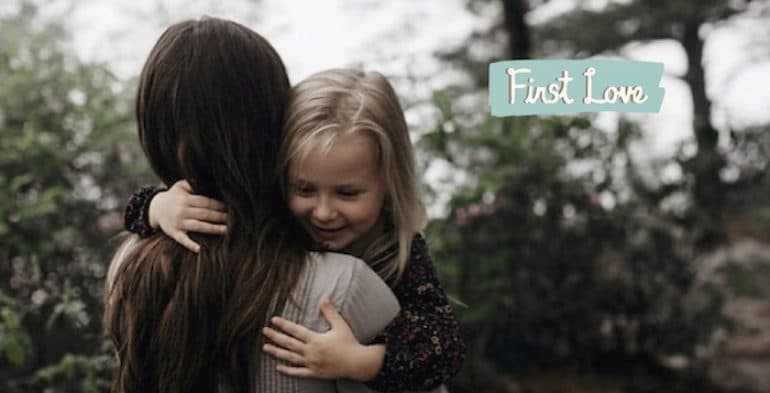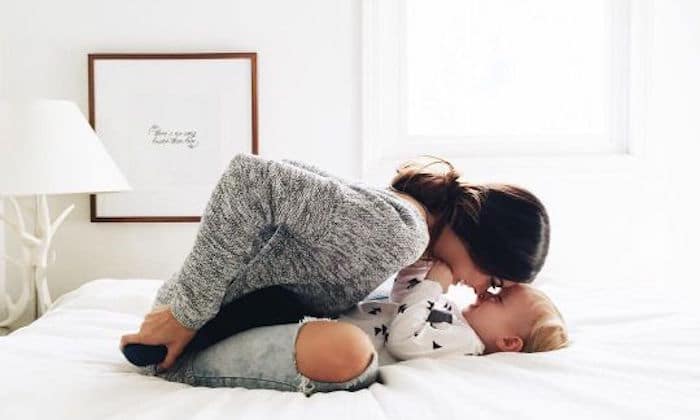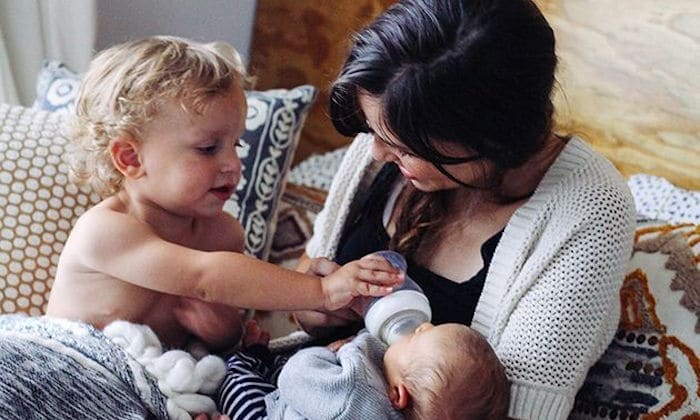
Raising Secure, Happy Children
Dr. Sarah Rasmi Shares Her Top Tips
A child’s primary caregiver is their first relationship and first love. This connection profoundly influences the child’s social, emotional, and cognitive development. For example, children who are securely attached have healthier relationships (both romantic and platonic), higher self-esteem, and are better able to cope with stress.
How do I know if my child is securely attached?
Children with a secure attachment have a strong bond with their primary caregiver. This bond gives them a sense of trust and confidence as they explore their environment. Children with a secure attachment are:
- upset when their primary caregiver first leaves, but calm down relatively easily
- curious and able to explore their environment without their primary caregiver
- happy and excited to see their primary caregiver when they return
- independent when they play, but still like to routinely touch base with their primary caregiver through occasional physical touch
How can I foster a secure attachment?
What you do as a primary caregiver plays a big role in your children’s attachment. Here are some tips that you can use to foster and strengthen your bond.

Tip #1: Be sensitive to your children’s needs
Learn to identify your children’s needs. Pay attention to how they communicate when they are hungry, needing to be changed, or wanting a cuddle. This is the foundation of a secure attachmentbecause it signals to your children that you understand them.
Tip #2: Be responsive to your children’s needs
Identifying their needs is not enough; you need to meet them. Feed them when they are hungry, change them when they are dirty, and give them a big cuddle when they need one. This is critical to secure attachment because it signals to your children that you are there for them.

Tip #3: Touch your children
Your touch can make your children feel calm, protected, and loved. Holding them when they need it is important for your bond. Cuddling and even tickling your children releases oxytocin (the bonding hormone).
Tip #4: Talk to and play with your children
Connect with your children by talking to them and showing interest in their activities. Get down on the mat and play their games, no matter how silly they might seem. Put away all distractions to make the most of this time. Playing and talking to your children shows them that you care about them and support their interests.
Tip #5: Stop trying to be perfect – and take care of yourself too
It is not possible to notice and respond to everything. It’s also impossible to be interested and engaged every single minute of every single day. That doesn’t make you a bad caregiver – it just makes you human! Remember to ask for help when you need it. Taking time to look after yourself makes you a better caregiver. Doing this also sets a great example for your children about the importance of self-care. More on that in my next post!





